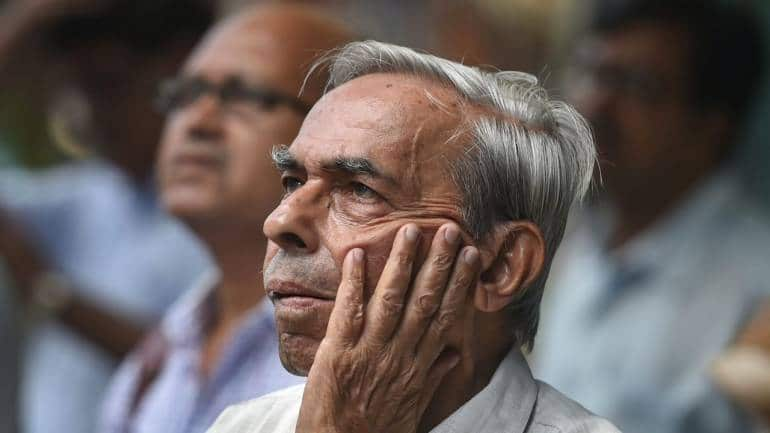Indian stocks’ de-coupling looks unsustainable as analysts warn of 30% crash

Stock Market News, stock market, stock
Optimism among market participants over the apparent de-coupling of Indian equity and bond markets from the global turmoil is not likely to sustain and has made the domestic market vulnerable to a crash, said analysts.
Brokerage firm CLSA India, in a note on September 29, warned that the Nifty 50 is vulnerable to a crash as big as 30 percent from current levels given the inflated valuations of the market as well risk of mean reversion in the bond market.
“We do not expect this (de-coupling) to be sustainable and regard it as indicative of a very low margin of safety,” CLSA said.
The Indian stock market has fallen less compared to most developed and major developing markets in 2022 despite surging global interest, a soaring US dollar and fears of global recession.
For reference, where the Nifty 50 index has only hit a two-month low in the sell-off of the past few sessions, the S&P500 is sitting at a two-year low while the MSCI All Country World Index is now lower than its high made before the pandemic.
Similarly, the domestic government bond market has fared much better than many of its developing and developed market peers despite the Reserve Bank of India raising interest rates by 140 basis points since May.
The difference between the 10-year Indian government bond and the US bond of similar tenor is now at its tightest in 13 years at 330 basis points. Where the US 10-year bond yields have soared 150 basis points in the last two months, Indian gilts have risen merely 25 basis points.
The resilience in the domestic stock and bond market has been ascribed to India’s improving macro-economic outlook led by a consumer-led revival in the domestic economy and early signs of a multi-year capital expenditure cycle in the private sector.
CLSA believes that the bond market is eventually likely to revert to the five-year average spread of 4.7 percent to the US Treasury bond yield going ahead, which will peg the 10-year local government bond yield at 8.75 percent assuming that US bond yields stay at four percent.
Also Read: Dollar liquidity crisis simmers, but headwinds may not ruffle Indian economy
Brokerage house BNP Paribas recently also highlighted that the widening gap between the earnings yield of Nifty 50 and that of the 10-year government bond is also portending negative equity returns going ahead.
The difference between the government bond yield and the current earnings yield of Nifty 50 companies is more than 200 basis points indicating relative attractiveness of bonds over equities.
In previous instances of such a wide difference between Indian bond and earnings yield, the stock market tends to give muted returns over the next 12 months, Kunal Vora, head of research at BNP Paribas, said.
CLSA fears that a return to historical average difference of 100 basis points between the government bond yield and earnings yield of Nifty 50 will push the benchmark stock index’s valuation multiple to 13 times one-year forward earnings from 18.3 times currently.
Besides the mean reversion in bond market and equity market valuations, Kotak Institutional Equities fears there is also a risk of investors being caught on the wrong foot in their benign expectations around interest rate hikes by the RBI.
The US Fed’s reiteration of raising interest rates aggressively to cool down multi-decade high inflation, believes Kotak Equities, will dash Indian market’s hopes of a de-coupling from the turmoil in global markets.
“In our view, the RBI may have to raise policy rates beyond levels warranted by domestic inflation alone, given balance of payments or currency challenges,” Kotak Equities said in a recent note.
Given the lofty valuations of Indian stocks and emerging threats to the idea of de-coupling from global markets, investors are bound to suffer from some vertigo.
Disclaimer: The views and investment tips expressed by investment experts on Moneycontrol.com are their own and not those of the website or its management. Moneycontrol.com advises users to check with certified experts before taking any investment decisions.









